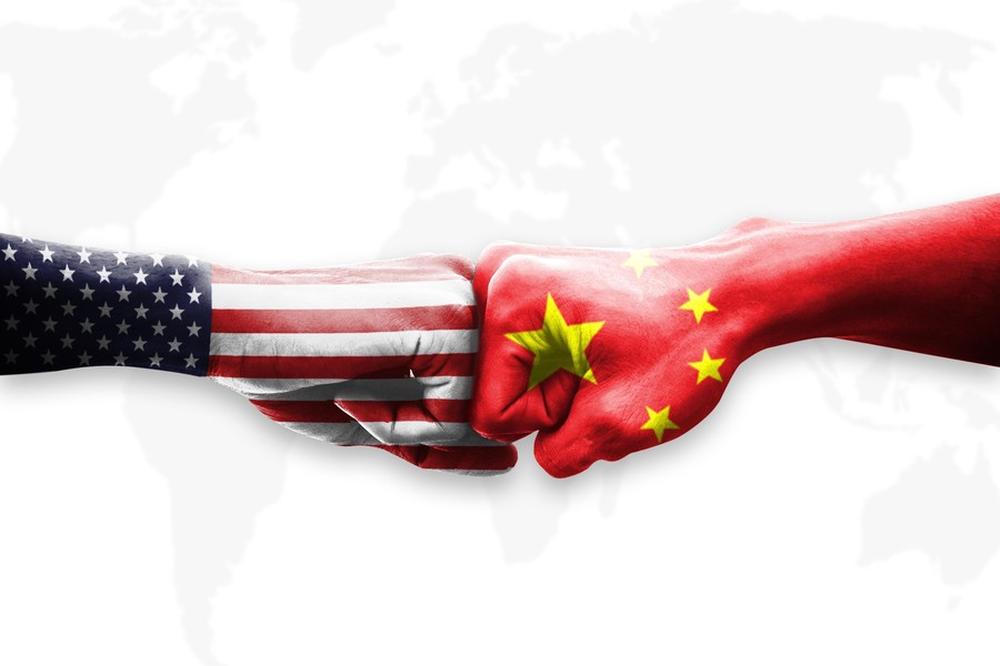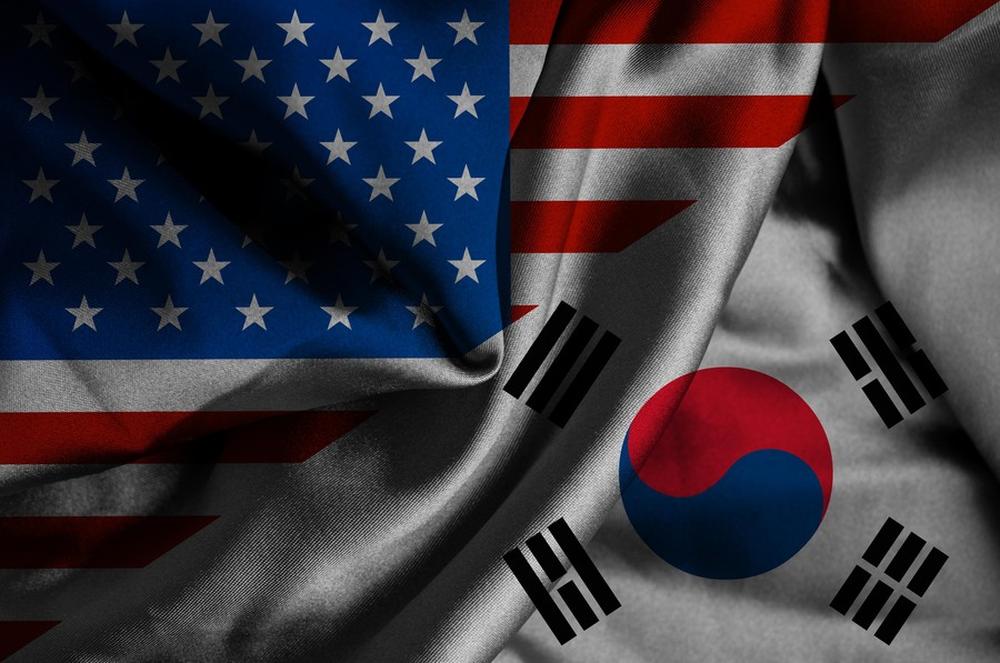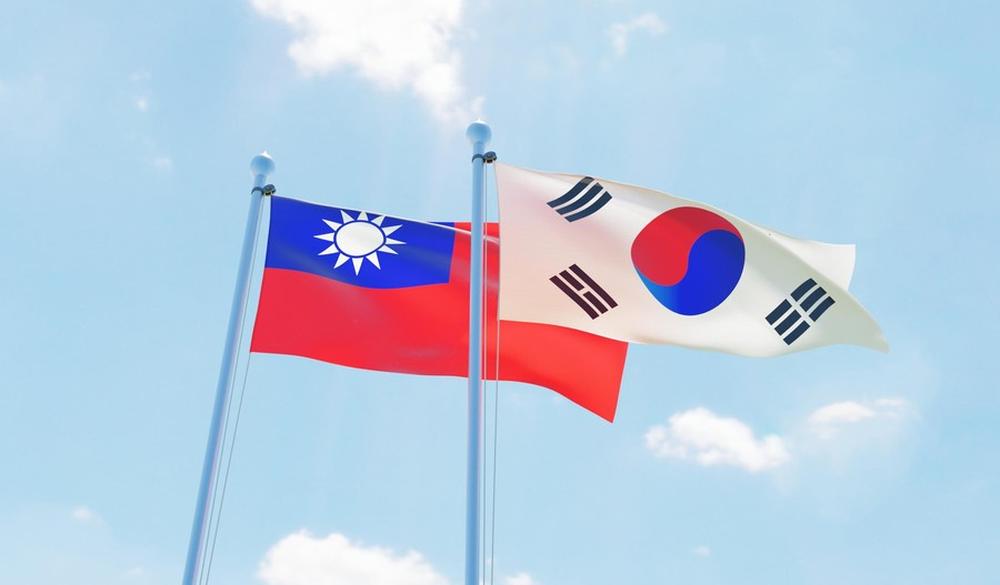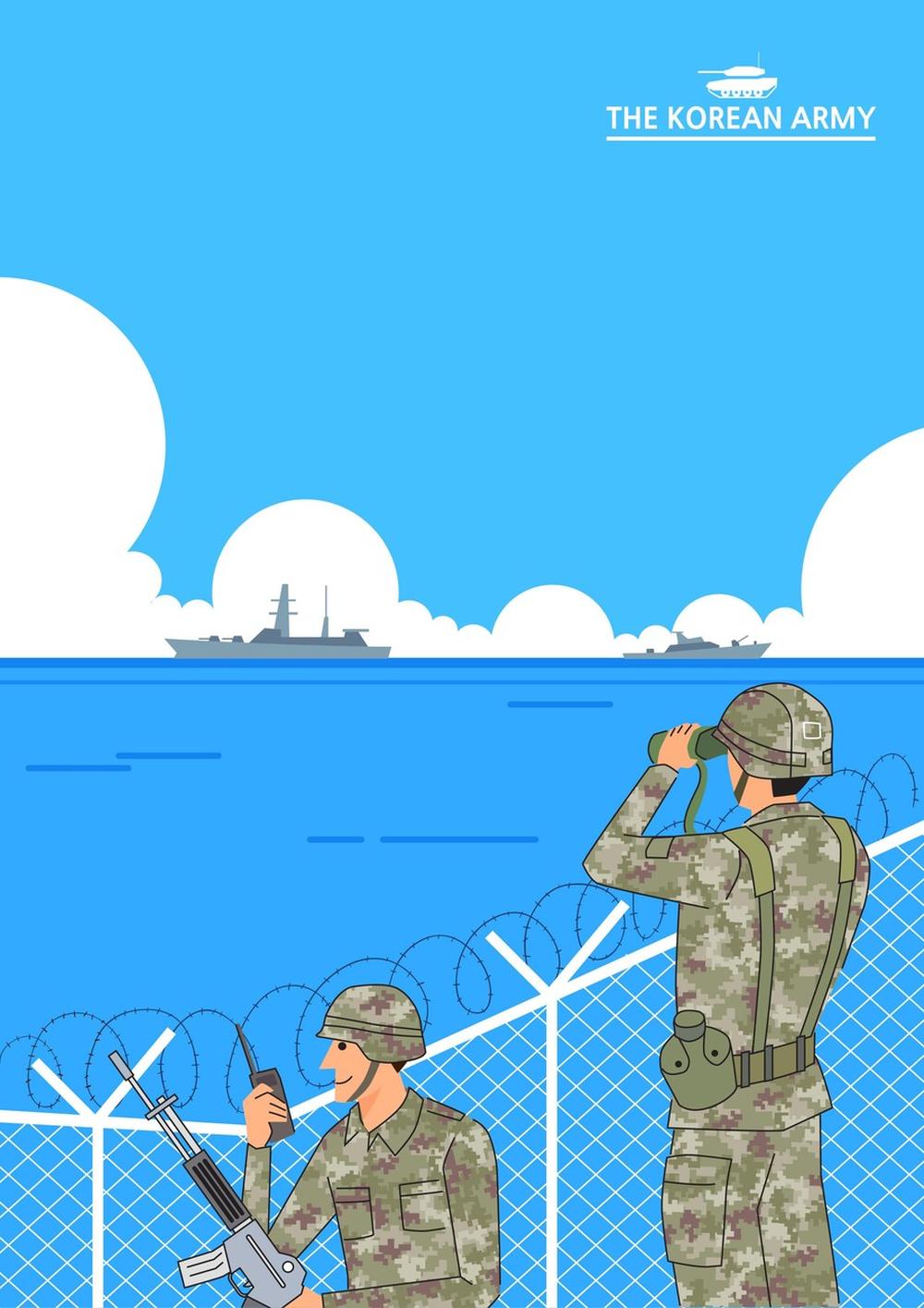- #China
- #US Foreign Policy

► Contrary to the narrative that a militaristic China is out for war, the Chinese government hopes for greater interaction and negotiation with the US, this however has proven difficult.
► The Chinese government believes the US is not simply seeking to improve their relationship with Taiwan but rather to counter China’s increasing power with the main subject becoming actively opposing China and not just supporting Taiwan.
► Previous assessments of the Taiwan situation and tensions between the three actors viewed the US-China-Taiwan collectively as a trilateral relationship. Moving forward we must view the bilateral relations of each involved country: US-China, China-Taiwan, and Taiwan-US.
► As Taiwan has been working with Korea more closer, our relationship with China will surely have a ripple effect on Korea.
As of the end of October, the accumulated number of Chinese military incursions into Taiwan’s air defense identification zone (ADIZ) has been over 800 since mid-September 2020 according to the date released by Taiwan’s Ministry of Defense. On October 4, it is the fourth day in a row that Chinese People’s Liberate Army (PLA) Air Force has deployed its military planes towards Taiwan with a record high number of 56. Three days ago, while China was celebrating the 72 anniversary of the founding of the People’s Republic of China (PRC), a total of 38 Chinese military jets flew into Taiwan’s southwest ADIZ. The noteworthy thing is that the number had never been over 30 before that. Hence, it is not surprising that why Taiwan was featured on the cover and called “the most dangerous place on earth” in the weekly edition of the Economist for May 1st, 2021. In early October, Taiwan’s Defense Minister, former general Chiu Kuo-cheng said the tension with China are the worst in the four decades since he joined the military and warned the risk of an accidental strike between Taiwan and China.
Nonetheless, when we observe the rising tension across the Taiwan Strait, it is very important to clarify the premise set out by China against Taiwan first. The Chinese government has said on multiple occasions that an invasion of Taiwan will only be initiated in the event that the US government crosses one of China’s red lines like rejecting the long standing One-China policy. In such a situation, China will see itself not as instigator of hostilities, but rather as reacting to US policy decisions. Tensions between China and the US have risen since President Biden took office in January 2021, continuing the souring relations begun during the Trump administration. These rising tensions have brought Taiwan to the focal point in global news on multiple occasions making it appear that war between China and Taiwan is imminent and inevitable, this is not the case; there is a continual threat toward Taiwan from China, however this decades long threat is neither an indication of the immanence nor inevitability of war. While the US brought an end to its 20-year war in Afghanistan and withdrew all American troops in august, Global Times, China’s official mouthpiece, published an editorial and listed 6 reasons that the US will abandon Taiwan eventually, including 1) there is no official document in the US requiring it to defend Taiwan militarily; 2) China is now a nuclear power and has well prepared for an offshore military struggle; 3) Taiwan’s ruling Democratic Progressive Party is weaker, highly depending on the US protection, and less motivated than the former Kuomintang (KMT); 4) as long as the costs of supporting the Taiwan authorities far outweigh the benefits for the US, such as the US-Taiwan relations in 1949 and 1979; 5) that the US continues backing Taiwan will finally exhaust Washington as time goes on; 6) when China decides to unify by force, the time for the US to react will play a decisive role as dramatic changes take place in the Taiwan Straits.
Contrary to the narrative that a militaristic China is out for war, the Chinese government hopes for greater interaction and negotiation with the US, this however has proven difficult. In a potential shift to worsening relations, recent reports state that President Biden is seeking opportunities to meet with President Xi. Neither China nor the US wants to see the continued deterioration of the US-China relations, but both parties find it difficult to effectively and meaningfully communicate with the other party. At the moment, a major concern of the US is striking a proper balance between its relationship with China and Taiwan. The Chinese government believes the US is not simply seeking to improve their relationship with Taiwan but rather to counter China’s increasing power with the main subject becoming actively opposing China and not just supporting Taiwan.
Tensions across the Taiwan Straits
Tensions between China and Taiwan have been ever present during the seven decades since KMT moved to Taiwan in 1949; these tensions have varied as administrations and policies changed but the present level of elevated Taiwan-China tensions will likely be maintained for the foreseeable future. US-China relations are not abundantly clear and adequate time to see how relations develop is still required to make an accurate assessment of the direction of US-China tensions. In a recent CNN Town Hall, President Biden was asked whether the US would defend Taiwan if China were to attack, he responded with “Yes, we have a commitment to do that”. Some argue this stance shows that US policy is shifting from “strategic ambiguity” to “strategic clarity”. However, President Biden has not said anything regarding US military support of Taiwan, he only directly indicated US intent to follow its prior commitments; following previous commitments means a continuation of, not a change in, US policy on Taiwan. White House also clarified President Biden’s remarks and repeated that there was no change in US’s policy toward Taiwan. Previous assessments of the Taiwan situation and tensions between the three actors viewed the US-China-Taiwan collectively as a trilateral relationship. Moving forward we must view the bilateral relations of each involved country: US-China, China-Taiwan, and Taiwan-US. In the meantime, improving Cross-Strait relations and easing tensions remains unlikely.
The implications of the Cross-Strait Relations for Republic of Korea
The most important factor for Korea and all East Asian countries is the attitude and policy of the US government towards the region. Presently, China has paid great attention to the US, meaning that China’s focus is primarily directed away from other Asian countries, such as Korea and Japan. Hence, there will not be many significant implications on Korea-China relations. The factors that will indirectly impact Korea-Chinese-Taiwan relations are US foreign policy and military basing. Korea as an ally of the US maintains a significant US military presence and obligations for communal defense in some situations, especially the deployment of Terminal High Altitude Area Defense (THAAD) system. Notably this obligation of communal defense does not require Korea to provide military support if China invaded Taiwan and therefore Korea has generally avoided the topic of Taiwan. Both Taiwan and South Korea have significant internal political division on the subject of their relations with China. Taiwan has been politically divided on how to approach China since DPP took power in 2000. The current administration in South Korea has leaned more towards building a better relationship with China with the hope of improving future communication and cooperation with North Korea. While the current governing party has a greater prioritization of Korea-China relations than previous administrations, Korea’s opposition party maintains the historical prioritization of Korea-US relations. The democratic nature of both Taiwan and Korea coupled with significant political diversity in both nations means that leanings toward or away from China may shift as controlling parties change through elections. We may conclude that at this time the cross-strait relationship will not affect Korea’s relations with China simply because Taiwan-Korea relations is not as close and complimentary as Korea-China relations. As Taiwan has been working with Korea more closer, our relationship with China will surely have a ripple effect on Korea.
Chung-Min Tsai is a Professor at the Department of Political Science and Vice Dean of the College of Social Sciences at National Chengchi University and the editor of Taiwanese Political Science Review. He obtained his BA and MA from National Taiwan University and PhD from the University of California at Berkeley. He served as the secretary-general of Taiwan Political Science Association from 2015 to 2018 and the deputy director of Institute of International Relations at National Chengchi University from 2018 to 2020. He was the executive editor of Taiwanese Political Science Review from 2012 to 2017. His academic interests include comparative politics, political economy, and China studies. He has published articles in The China Quarterly, Asian Survey, Problems of Post-Communism, Issues & Studies, Taiwanese Political Science Review, Chinese Political Science, and edited volumes.


